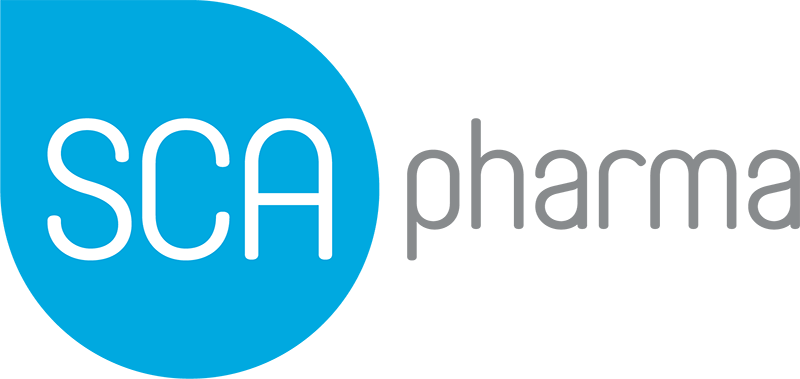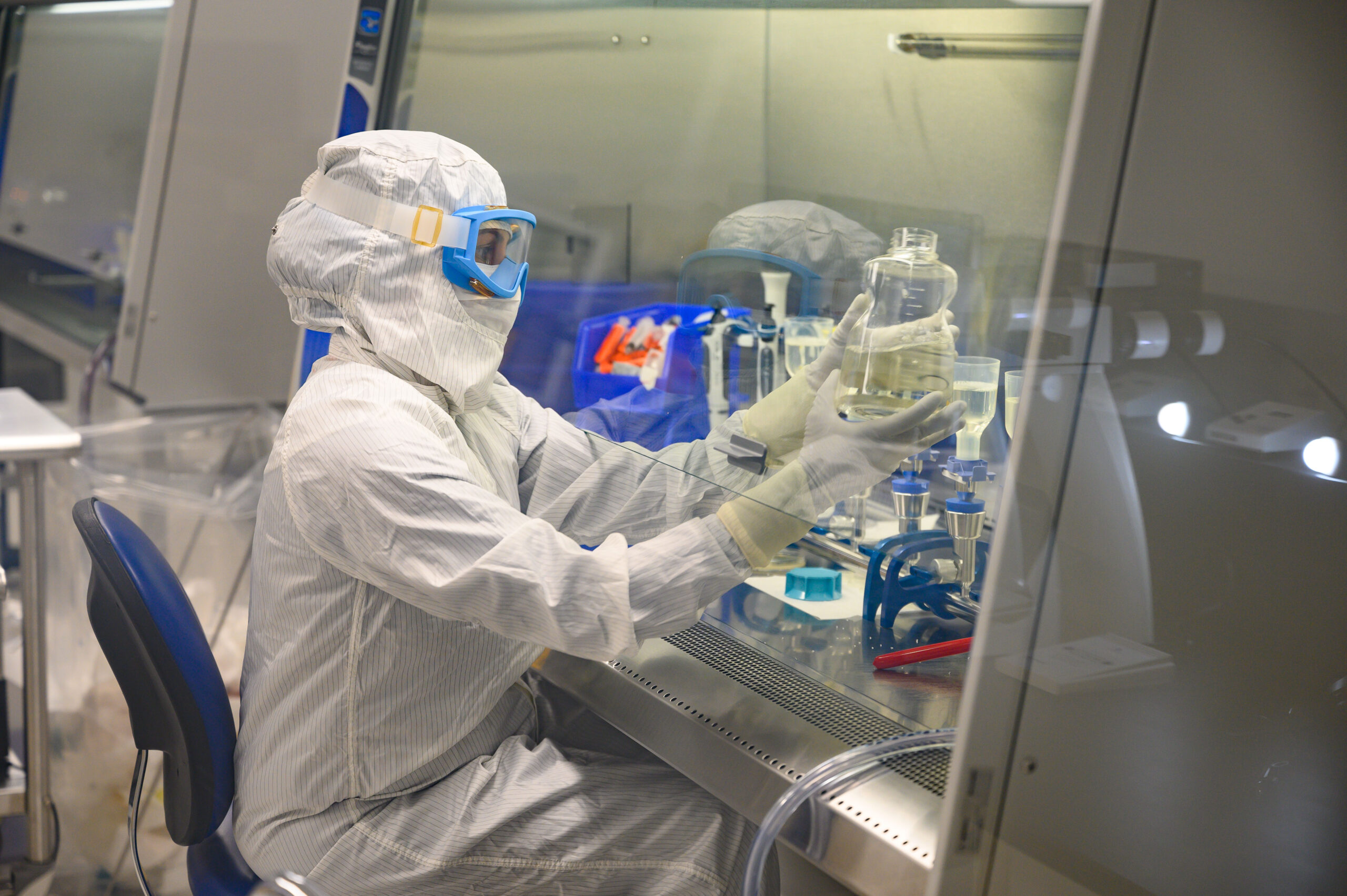Hospitals often choose to insource drug compounding in order to save money on Pharmacy costs.
The decision to insource is typically based on a number of factors including cost of raw materials and qualified personnel needed to compound the product.
We believe that hospitals often fail to include many indirect variables, resulting in under-estimation of the total costs of insourcing. While indirect, these variables must be considered in the overall evaluation on whether to insource or outsource drug compounding. Indirect costs that may often be overlooked include cleanroom construction, continued maintenance, regulatory updates of the facility as well as hiring and training technicians.
Additionally, research shows that only 57% of hospital pharmacies are adhering to and in compliance with compounding regulations*; less than one quarter of those facilities are confident that they have achieved full compliance. This means that many hospitals that are already compounding their own products are going to be required to upgrade their facilities or take other measures in order to remain compliant.
Outsourcing to a registered 503B entity assures predictable costs and compliance with stringent regulations. From facility design to end product testing and through every single step of the product journey, we are committed to quality and customer service, with a dedicated focus on both customers and patients.
Sources:
*2020 State of Pharmacy Compounding Report – Pharmacy Purchasing & Products Magazine
https://www.pppmag.com/survey-data/?year=2020
Other resources:
https://www.pppmag.com/article/2540
https://www.pharmacypracticenews.com/Policy/Article/08-19/7-Tips-for-USP-Readiness/55576






